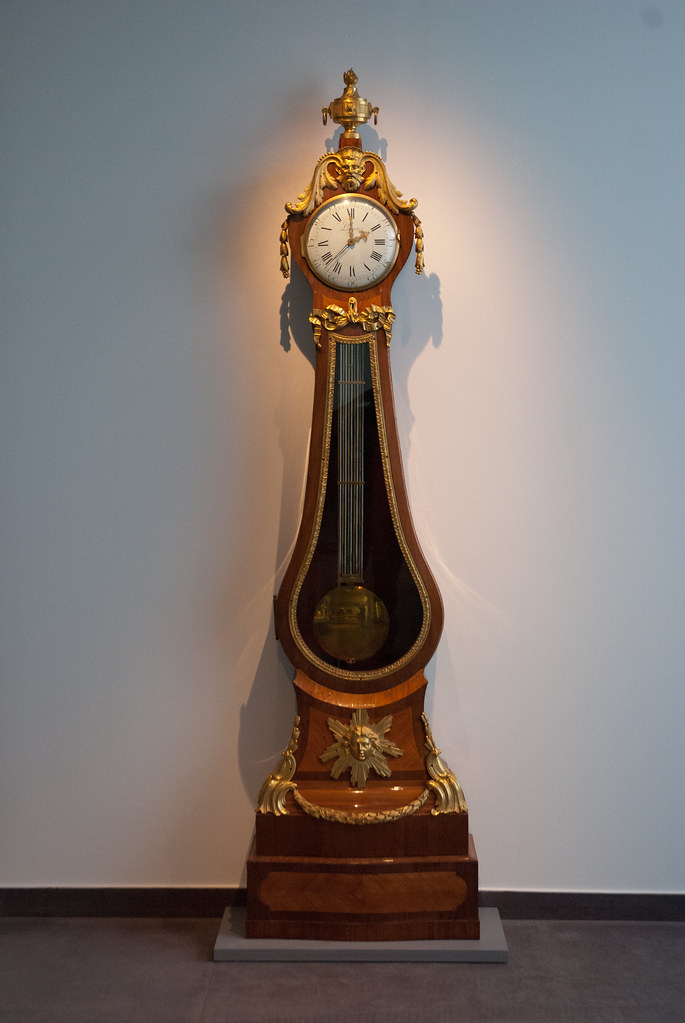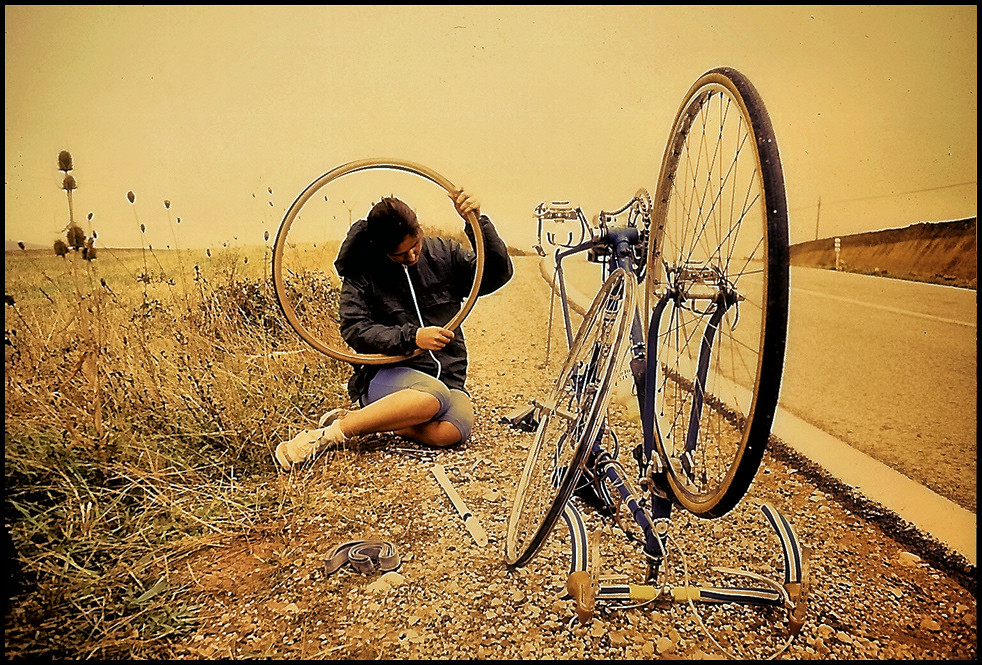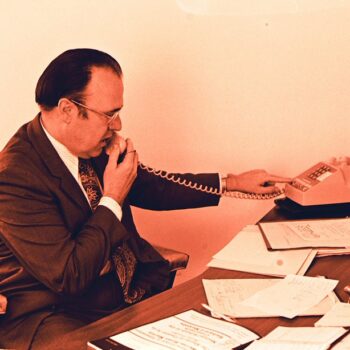“Tick-Tock”: The constant sound I hear echoing through my mind—an everlasting reminder that time will meet me, and the rhythm of its existence is always going to be there. The tick I hear, I hope, is not wasted. My adversary that is always relentlessly fighting against me is procrastination. A mission to manage every moment and tick the clock gives me, to be sure none go wasted. This is the story of how, from the early years of my life to where I am now, I have learned not to let any of the ticks go wasted. And with personal growth, I learn the art of time management.
Early Years (Ages 1-5):
In my early years, the concept of my inner clock was as elusive as the fairytales I try to hold dear to myself, or the dreams I have every day, no matter how big or small. The next day, I barely remember what I had for breakfast. With big dreams and imagination came the eternal story of this jolly man. “Who is Santa Claus?” “Well, son, he is a man that comes once a year to everyone, delivering gifts to all those who are good.” “Mom, have I been good?” I asked very anxiously, hoping in my heart I have been. “We will have to wait and see.” A conversation had with many kids all around the world to ensure they gain a sense of comfort that by being good, they will receive what they wish for from a jolly man that comes once a year at 12 am. The stories we are told at a young age, be it a man dressed in red or the Easter bunny hiding eggs, never concern us about the relentless ticking sound of a clock warning us not to waste any moment given to us.
Childhood (Ages 6-10):
From the ages of 6 to 10, the ticking clock was a distinct reminder of the finite nature that life gives us. It was during this time of my life that I experienced the first mortality in my life when my Great-grandfather “Pops” passed away. I never got to know him that well. I was too young to truly understand the stories he told but fascinated just being in his presence—like the feeling of looking up to a higher power. I felt a revered love for this man, his stories of the fire service and the hunting he did, the bear he hung on his kitchen wall from an engaging story of his gripping hunting experiences. I may have never got to truly understand what he was saying, but his words brought forth imagination and light in my life. “The deer come out every morning to feed,” or “The woods were so quiet you could only hear the sound of your own heartbeat.” At a young age, I was only able to understand so much, but enough to know what this man meant to my father. My great grandfather was not blood but brought in through marriage and was very important to my father. My dad looked at him as a role model in his life. His passing was a tremendous loss for my father. I remember being in my bunk bed that Pops made for me—the quiet sounds of my mother weeping in the living room, talking to her mom on the phone. And all of a sudden, the loud sound of the clock chiming at 12 am. The sound reverberated through my house—a wake-up call. There stood my father in the front door, crying, hurting, in visible pain. This was one of the first times I ever saw my father cry. He was so hurt. I can only imagine what it is like to lose someone as important as Pops was to him. My great grandfather’s clock may have finished ticking, but he sure as hell did not waste a single moment he had. I hope to be able to overcome this relentless clock and live a full life of non-procrastination and great time management. Thank you, Pops!
Pre-Adolescence (Ages 11-15):
Ages 11-15 mark a period of awakening and grasping understanding of the ticking clock. At this age gap, I felt like I conquered the world. I thought I understood everything and was ready to make my own decisions. The world could throw anything at me, and I was going to destroy whatever it was. During this time in my life, I was transitioning from Lisbon to Oak Hill. I lost friends and made new friends. This part of my life, I learned what it meant to love someone who is not family. Not just some childish crush but love that meant something to me. Mercedes was something special to me. I still remember when I asked her to be my girlfriend. “So will you be my girlfriend?” I asked while I stood in my basement with a bear behind my back—the moment that I waited for, wishing, hoping she feels the same love I felt for her that she felt for me. “Yes,” Mercedes said heartfeltly. I felt I have won; anything could happen, and it would never be able to dismiss this amazing moment in my life. Ticks based on moments continue, and I move. What felt like the best moment in my life became just another day in my life, another abundance of ticks moving me closer to the end. More moments like this shaped me, and I learned how to manage my ticks so that I will not look back and regret the time I have and not let any moment go wasted. The clock was always going to be ticking in the back of my head. If only I could slow it down so I can do everything I want with as much time left as possible.
Teen Years (Ages 16 and onward):
Sweet sixteen, this is when the clock starts to scare us. No more is it just a tick to a clock but a countdown to a box ready to be opened and let out the reaper. The clock is not only something to fear but what we need to overcome. At present time, I am dealing with a girl who herself was dealing with the clock herself. Marissa had a lot going on in her life, and I only wish I understood that before ruining her life. But now, after learning from her, I can better prepare myself for the future and not waste the time I have been given. As we all progress through life, we need to live our life not letting any tick go wasted.
“Grandfather clock” by quinet is licensed under CC BY 2.0.










